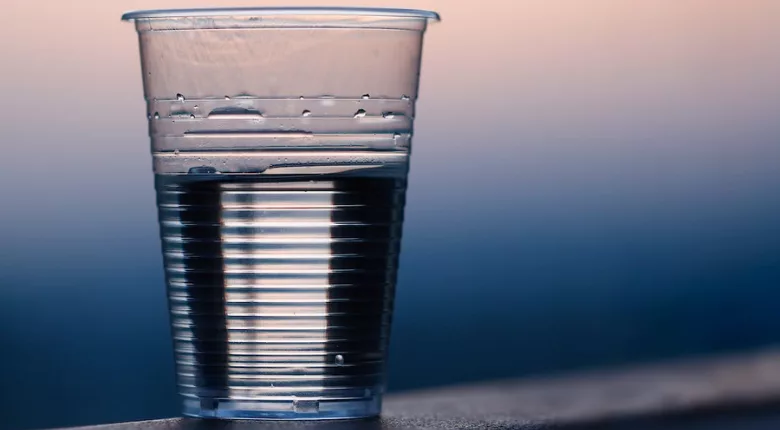EPA Urges Minnesota to Take Action on Dangerous Levels of Nitrate in its Drinking Water

Image credit: Meir Roth via Pexels
The U.S. Environmental Protection Agency (EPA) has issued a letter to the Government of Minnesota requiring the state to address dangerous levels of nitrate contamination in its drinking water.
In April 2023, EPA received a Safe Drinking Water Act Section 1431 emergency petition regarding the Southeast Karst Region of Minnesota, which comprises roughly eight counties (Dodge, Fillmore, Goodhue, Houston, Mower, Olmsted, Wabasha, and Winona counties). In the petition, the Minnesota Center for Environmental Advocacy and several other stakeholder groups claimed that nitrate contamination in the region’s public water systems and underground sources of drinking water is causing an imminent and substantial endangerment to public health. EPA reviewed the petition immediately and collected information from Minnesota agencies regarding actions they have taken to investigate and address the nitrate issue.
EPA found that nearly 10,000 residents in the Karst Region were or still are at risk of consuming water at or above the maximum contaminant level (MCL) for nitrate, with the Minnesota Department of Agriculture reporting that 12.1 percent of the private wells tested (equating to 1,058 wells) exceeded the MCL of 10 milligrams per liter (mg/L). Several of the public water systems were also shown to exceed nitrate MCLs.
Based on its review, EPA determined that further action is required to protect public health. The agency requested that Minnesota develop a plan to address the contamination, as well as provide education, outreach, and alternative drinking water to residents with water above the MCL for nitrate. EPA asked for a response from the state within 30 days of the agency’s request (which was made on November 3, 2023) with a timeframe for the work plan and other actions outlined in the letter. The work plan will address how the state will test drinking water to identify, contact, and offer alternative water to all impacted persons in the Karst Region.
While EPA’s request focuses on addressing immediate health concerns regarding nitrate contamination in drinking water in the Karst Region, EPA stated that Minnesota must also develop and implement a long-term solution to achieve reductions in nitrate concentrations in the state’s drinking water supplies.
EPA’s letter to the Government of Minnesota shortly follows the agency’s decision to resume its assessment of nitrates and nitrites in drinking water across the U.S., which was suspended in 2018.
Looking for quick answers on food safety topics?
Try Ask FSM, our new smart AI search tool.
Ask FSM →








